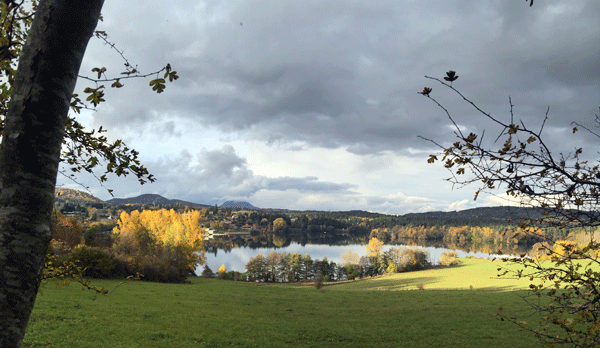
|
|
|
Open sessions > S.6 – Intangible Benefits of Agricultural LandscapesS.6 – Intangible Benefits of Agricultural LandscapesChair – Bezak Peter, Slovak Academy of Sciences (ILESAS, Landscape Europe). Rapporteur: Wenche Dramstad (NIBIO, Landscape Europe) Abstract: While agriculture’s main aim is to provide food and fibre, it has long been recognised as a source of multiple benefits to the quality of human life. This is especially apparent in its influence in water retention, biodiversity, recreation and cultural identity. Although agriculture’s multi-functional role has always been appreciated, recent EU agricultural trends have led to increased farm and field sizes, more arable farming, less mixed farms and ultimately to farming homogenisation. Farm management is strongly influenced by global policies, and local needs are less prioritised. There is therefore an unsolved imbalance between economic purpose and social and ecological consequences. Is this due to a lack of documentation, stakeholder engagement and simply linking benefits to the land, or just another variety of the “tragedy of the commons”? Exactly what are the most valued intangible benefits of the agricultural landscape and what are the most suitable instruments to measure and monitor the many various functions of agricultural landscapes and their link to our quality of life? Finally, do the UN’s “Sustainable Development Goals” help to better define the main objectives of future farming and outline the main challenges in a future where food production will remain as important as ever? Pre-session activity: This session is initiated and organised by members of the Landscape Europe network. The network plans to organise a common meeting for its members and invite other approved contributors to this session prior to the PECSRL2018 conference. This event will therefore promote early discussion on intended contributions at PESCRL2018 to ensure that they are straightforward in answering defined questions and raised issues from the session proposals and to enable rapid progress towards common publication. Organising the session:
Programme
• Tuesday, 14:00-16:00 Chair: Bezak Peter, Slovak Academy of Sciences (ILESAS, Landscape Europe) and Wenche Dramstad (NIBIO, Landscape Europe)
• Tuesday, 16:0030-18:30 Chair: Bezak Peter, Slovak Academy of Sciences (ILESAS, Landscape Europe) and Wenche Dramstad (NIBIO, Landscape Europe)
|


